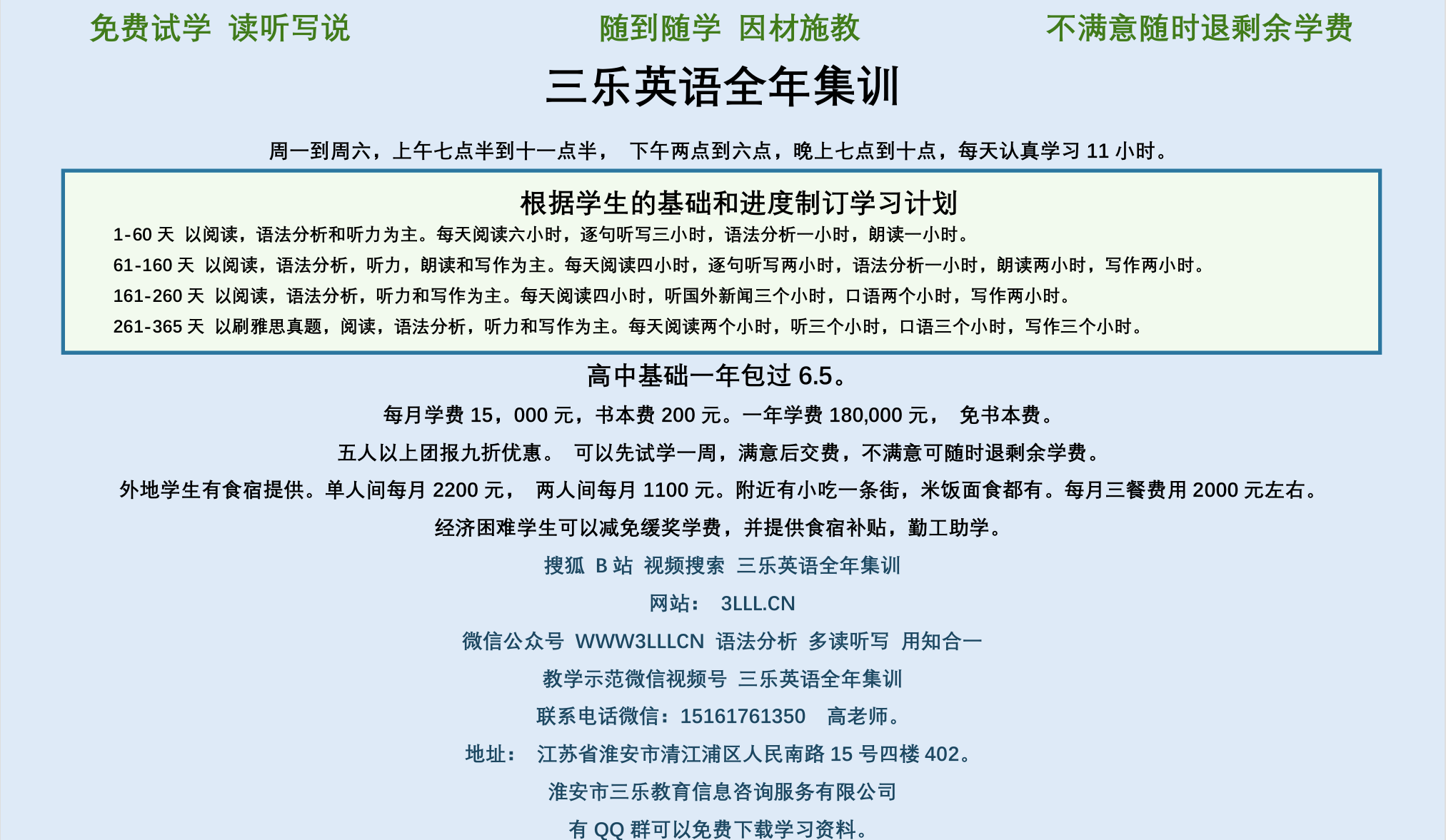🗣 SL提问: Efficientmarkethypothesis
✍️ Ai批改: The Efficient Market Hypothesis (EMH) is a financial theory that suggests that financial markets reflect all available information at any given time, making it impossible to consistently achieve returns in excess of the market's average through analysis or forecasting.
Key Assumptions:
1、All available information: The EMH assumes that all relevant information is publicly available and reflected in market prices.
2、Rational investors: Investors are rational and make decisions based on available information.
3、No arbitrage opportunities: No investor can earn abnormal returns (i.e., returns in excess of the market average) through analysis or forecasting.
Forms of the Efficient Market Hypothesis:
There are three forms of the EMH:
1、Weak EMH: Prices reflect all historical market data, such as past stock prices and trading volumes、Technical analysis is ineffective in achieving abnormal returns.
2、Semi-strong EMH: Prices reflect all publicly available information, including financial statements, earnings announcements, and economic data、Fundamental analysis is ineffective in achieving abnormal returns.
3、Strong EMH: Prices reflect all information, public and private (insider information)、Even insider information cannot be used to achieve abnormal returns.
Implications:
If the EMH holds, then:
1、No one can consistently beat the market: Investors cannot use analysis or forecasting to achieve abnormal returns.
2、Market prices are fair: Prices reflect all available information, making it difficult to identify undervalued or overvalued securities.
3、Passive investing is optimal: Investors should adopt a passive investment strategy, such as indexing, rather than trying to actively manage their portfolios.
Criticisms and Limitations:
1、Behavioral finance: Investors are not always rational, and psychological biases can influence decision-making.
2、Information asymmetry: Not all investors have access to the same information, which can create opportunities for abnormal returns.
3、Market inefficiencies: Certain market inefficiencies, such as liquidity constraints or agency problems, can lead to mispricing.
Empirical Evidence:
Studies have found mixed evidence supporting and contradicting the EMH、Some examples:
1、Event studies: Show that stock prices react quickly to new information, supporting the EMH.
2、Mutual fund performance: Most actively managed mutual funds fail to outperform the market, consistent with the EMH.
3、Anomalies: Certain patterns, such as the value premium and momentum, suggest that markets may not be fully efficient.
Conclusion:
The Efficient Market Hypothesis provides a useful framework for understanding the behavior of financial markets、While it has its limitations and criticisms, it remains a cornerstone of modern finance and investing.
0
IP地址: 24.171.19.95
搜索次数: 41
提问时间: 2025-04-11 11:17:32
❓️ 热门提问:
博时中债1-3年国开行A
外汇黄金交易平台下载
贵金属现货投资开户
枣庄伦敦金
怎么查询企业id或域名
黄金吊坠24k
安东油田服务
ai教学评价
陕西黄金集团股份有限公司
美国黄金期货走势
豌豆Ai站群搜索引擎系统
🤝 关于我们:
三乐Ai
作文批改
英语分析
在线翻译
拍照识图
Ai提问
英语培训
本站流量
联系我们

📢 温馨提示:本站所有问答由Ai自动创作,内容仅供参考,若有误差请用“联系”里面信息通知我们人工修改或删除。
👉 技术支持:本站由豌豆Ai提供技术支持,使用的最新版:《豌豆Ai站群搜索引擎系统 V.25.05.20》搭建本站。

















